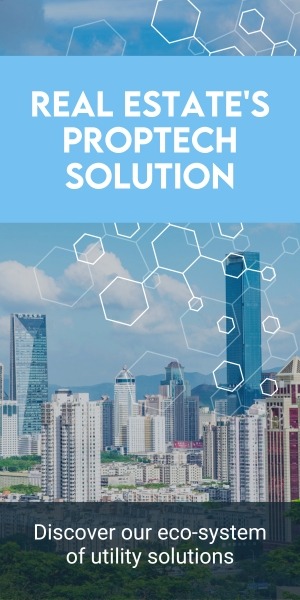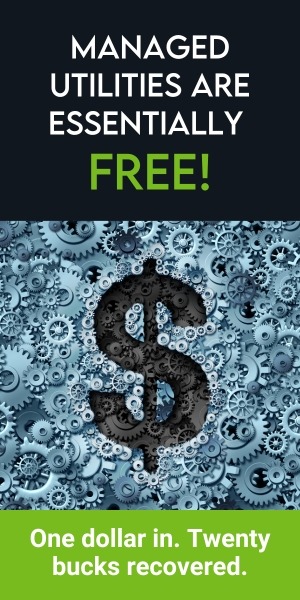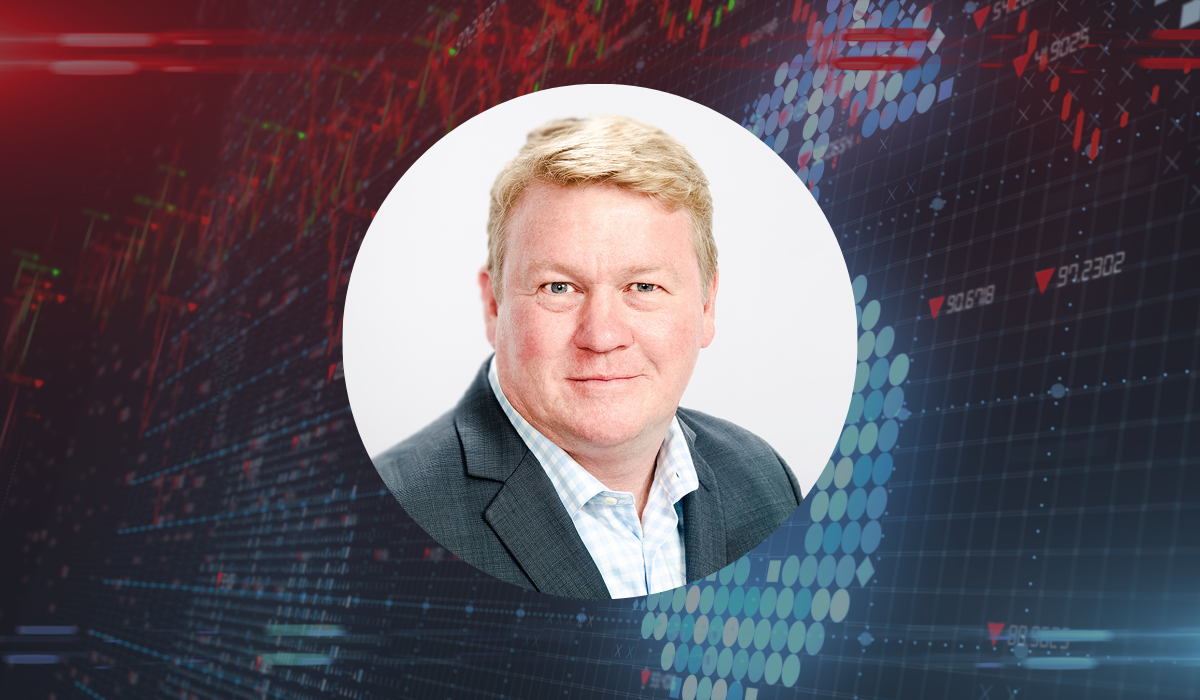Meet
Ryan Nelson

If change was thread, Ryan Nelson weaves tapestries. He’s an entrepreneur, sustainability enthusiast, and current industry leader in the practical implementation of ESG initiatives for the real estate industry. He serves as SVP & General Manager, ESG for Conservice, and in our interview, he had a lot to say about sustainability, rolling with the punches, and creating connections.
You’ve started a company or two, overseen a couple of acquisitions, and currently oversee the ESG arm of the United States’ largest managed-utilities company.
GIVE US A SNAPSHOT OF THAT JOURNEY
“It’s funny, because in a roundabout way, I’ve built on and oriented around the same core passion for the last few decades: analytics. In college, I studied management information systems and decision sciences. I worked as a developer for PricewaterhouseCoopers. Did technical consulting for a long time, right in the middle of the software boom. It was at a company called Ariba where I really learned to leverage change. It was a disruptive business. We whole-cloth updated businesses from paper catalogs and phones to software-based sourcing and procurement.”
And what was the lesson
YOU LEARNED AT ARIBA?
“Haha. When something disruptive shows up in your life, your business, whatever, collaborate with humans to get where you want to go. Rationally map the steps, build a plan, execute that plan, and get everyone along who has to come along. It starts and it ends with keeping the right people close and aligned.”
So how did you
GET TO CONSERVICE?
“I found a partner. Started a company. Grew it. Called it blueSolutions because not every answer is black or white. We helped mid-market companies implement cloud-based sourcing and procurement solutions. It got big, I sold the company, and then I pivoted to creating something more mission-driven. Something sustainable.”
What do you mean
MISSION DRIVEN?
“One’s career, or work, is either a means to an end or something you’re passionate about. Both are good, and if you’re lucky, you get both out of the same situation. So I launched Goby.”
What did
GOBY DO?
“The LEED program for existing buildings was just getting big. I was and am deeply passionate about sustainable building practices, and I knew software and analytics. It was an easy fit. We built a center of excellence, hired the smartest people in the industry, created the tech, and streamlined the process of LEED certification. Over the years, our capabilities grew, we built up baseline data for new businesses, we became a pillar of the industry.”
Historically, the sustainability scene has largely been on the materials side. Retrofits, new construction practices, ethical materials sourcing, etc.
WHY THE DATA ANGLE?
“In people, feelings and thoughts drive behavior, right? Well in business, it’s data. By helping people understand the impact of their utilities and practices, we could help them operate smarter. Dashboarding, reporting, certifying, running comparisons—it’s what we do, it’s all amazing, but ultimately, it’s the fuel that drives behavior and change.”
ESG’s become a mainstream term in the media. What are your thoughts on the
SOCIAL AND POLITICAL CLIMATE AROUND THE SERVICE?
“Listen, skepticism and confusion over sustainability isn’t new. The language changes over the years, the issues morph, but ESG has remained as a foundation of smart business because IT IS smart business. Whatever your political disposition, its core principles help businesses operate more profitably and with less negative impact to their communities.”
You say that controversy has been a part of this industry for a long time.
WHAT’S BEEN YOUR STRATEGY FOR WEATHERING IT?
Never hesitating. It may sound silly, or cliched, but it’s true. When you know something is fundamentally smart, you stick to it. Look at the name? Right? First it was “Green.” Then people abused it. “Sustainability.” “People. Planet. Profit.” Right now it’s ESG. The language has morphed around the needs and insights of society, but the core principles have remained fixed. Work ethically. Build and operate with as low an impact as possible. Build your buildings strong and long lasting. We’ve always known it’s the wise way to go, so we’ve just kept on keeping on, helping businesses succeed.
Corporations are just groups of humans making decisions. With the right data and the right goals, those decisions can be as profitable as they are environmentally and socially sustainable.
Last question. How should people be thinking about sustainability
IN A TIME OF ECONOMIC CHANGE?
“I’d like to suggest that it’s as important as having an HR department or an IT department. The awareness of your performance and the management of your performance isn’t something you line up and then drop when times get tough. You get smarter about it. You make it cheaper by centralizing it, by investing in partnerships that can help to facilitate it for you. Fundamentally, that’s what we do at Conservice. If you can’t build a team to manage your ESG goals, outsource it to us. We’ll move the needle for you, even in economically hard times.”







